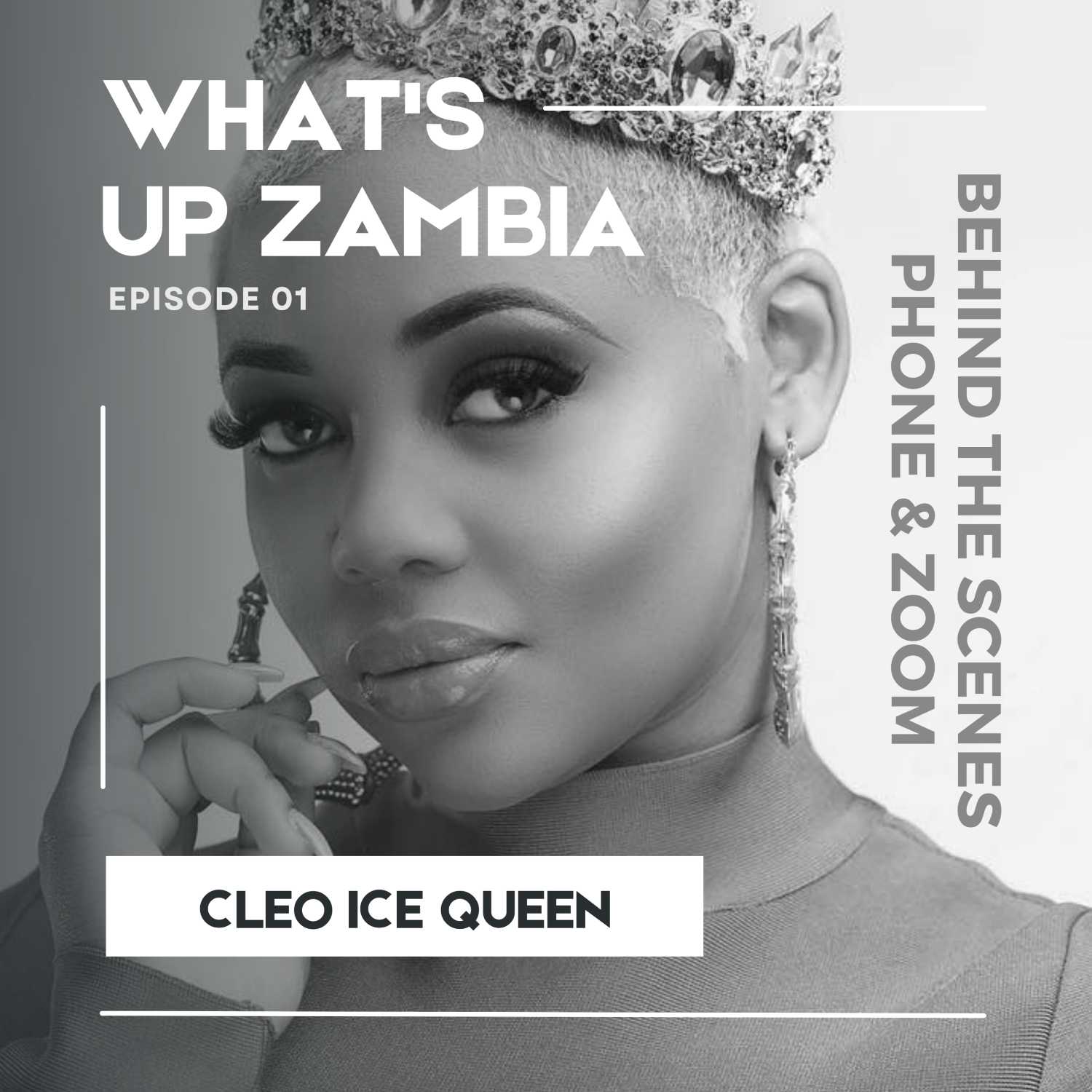WHAT'S UP ZAMBIA SO3EO3 DECOLONISING IP WITH M A CHIPINDI
Description
Season 3 is kicking off with the additions of the research Decolonising Intellectual Property & Sound Rights. This had a focus on women in music and intellectual property for creatives in Zambia.
Sound rights in Zambia have been problematic since its independence in 1964 and no master rights holder has ever received royalties in the territory as they are not collected. This means broadcasters and other users do not pay which impacts synchronisation licenses as well as all royalties associated with sound recordings. This has unfairly impacted owners of sound rights whether they are producers, artist owner or lable owned.
In this episode we begin by discussing sound recordings made in Zambia. Historically it was broadcasters and ethnomusicologists operating in the territory who held sound rights which mostly focused on cultural practitioners. Some remain in archives of broadcasters, media houses and private libraries. The vast majority, however, lie outside Zambia, in neighbours like Zimbabwe and in repositories such as International Library for African Music set up from the works of Hugh Tracey. Over 35, 000 recordings and several rare cultural instruments are housed at the associated university that worked with the Tracey family.
This episode began with a look at how Zambia itself is represented online. The resources about the music and sound history are so scanty that Wikipedia page on Zambian music history appears at the top and core of all searches. We examined what is on the page and it provided a picture that through research young people have been able to study and recognise the damage caused by not carrying own narrative and beginning to occupy the spaces that count. Should the world be seeing a viewpoint that does not reflect the realities? How does the musical history begin to hold authenticated knowledge that can be shared. Even local books on music history are inaccurate. Could this be an area where young creatives should be engaged in beginning to build a picture that is authenticated and representative?
The episode touches on National Arts Council Director Maanka Adrian Chipindi's view. His thoughts on how Zambia's music and cultural history are represented. He is quite thorough in expressing knowledge of local cultural practitioners, ethnomusicological works and right down to a fun conversation as Robyn of Sound Composed begins to touch on the future project to come of African Audio and the viLimba Research intentions to find solutions that support a digital ecosystem and immersive bridge where cultural repositories and soundmarks help focus on saving the cultural assets, heritage assets and kick start products on a different infrastructure with IP and cultural knowledge at the core.
Hear what National Arts Council Director has to say about traditional knowledge laws, problematic wording and the importance of changing the narrative, making IP work for young Zambians and the legacy.
This recording was made early in 2022 and is still relevant today for its importance in outlining the journey ahead.
More Episodes
An overview in early 2022 which Zambians are able to use to compare to the 2024 realities. Season 3 is focused on providing what was discussed with creatives, platform owners, art organisations, community organisers and IP rights owners or managers of those who create. All use the phone or/and...
Published 03/14/24
Published 03/14/24
The introduction to Mwinga Chamandula is a 15 minute journey as he breaks down a timeline where his entry into music comes at a time when digital recordings are standard, even if equipment is hard to get your hands on. Recorded 2 years ago during an IP research project funded by British Council,...
Published 03/12/24


